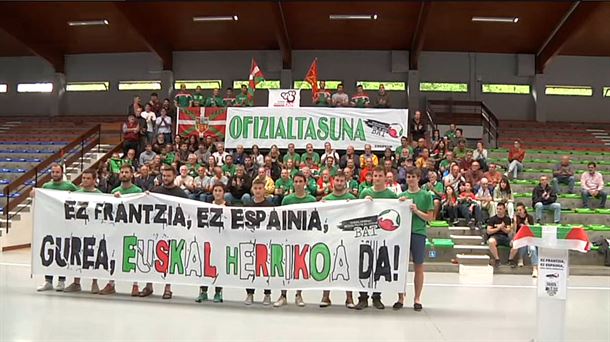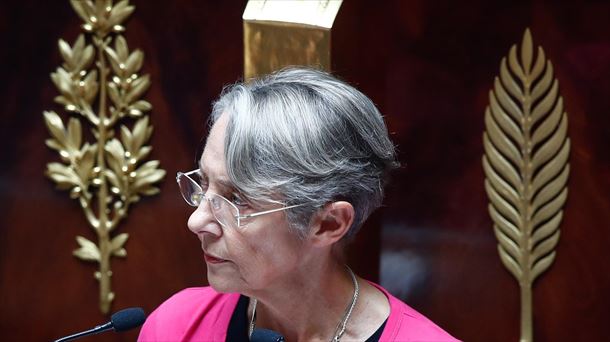At the end of September, members of the black-green state government changed the rules for those receiving the heating subsidy. This irritates SPÖ leader Mario Leiter.
The increase in the heating subsidy from 330 to 500 euros was worth a press conference for the then government members in 2023. In view of the price increases, Governor Markus Wallner (ÖVP) and State Council for Social Affairs Katharina Wiesflecker were generous: the income limits were adjusted slightly upwards, and there was even a scheme for those who were just above them.
Quietly and in secret – there was no press conference and no broadcast – it was decided at a government meeting at the end of September that the heating cost subsidy for the period 2024/25 should again be a one-off payment of 330 euros. People or households receiving social assistance benefits receive a reduced heating subsidy of 180 euros.
Silence before the state elections
“The circle of recipients has also been reduced again, so that some people in Vorarlberg will have to get by without financing this winter,” says SPÖ club president Mario Leiter, irritated by the government decision. The fact that this was not made public before the elections was probably because the previous government “did not want to take this social coldness on its chest”.
The heating subsidy is not only an important financial support for many elderly people and single parents, but also for larger parts of the middle class. “Applying the red pencil to energy costs, despite persistent inflation and the threat of price shocks, is completely the wrong approach.”
The Greens agreed with reservations
Green Party leader Daniel Zadra, who was still a member of the state government at the time and was partly responsible for the decision, sees this slightly differently. “One reason for the reduction in the heating cost subsidy is that, unlike last year, there will be no additional federal money,” Zadra explains. If payments were to remain as they are, funding would have to come from the state budget.
It is true that he agreed to the reduction together with State Councilor for Social Affairs Katharina Wiesflecker. “But we did it on the condition that we talked about an effective alternative, such as basic child support,” he explains.
Source: Krone
I am Ida Scott, a journalist and content author with a passion for uncovering the truth. I have been writing professionally for Today Times Live since 2020 and specialize in political news. My career began when I was just 17; I had already developed a knack for research and an eye for detail which made me stand out from my peers.


